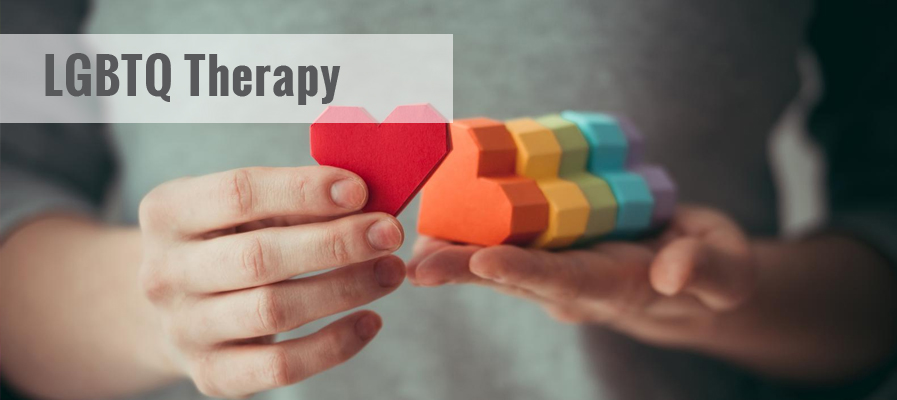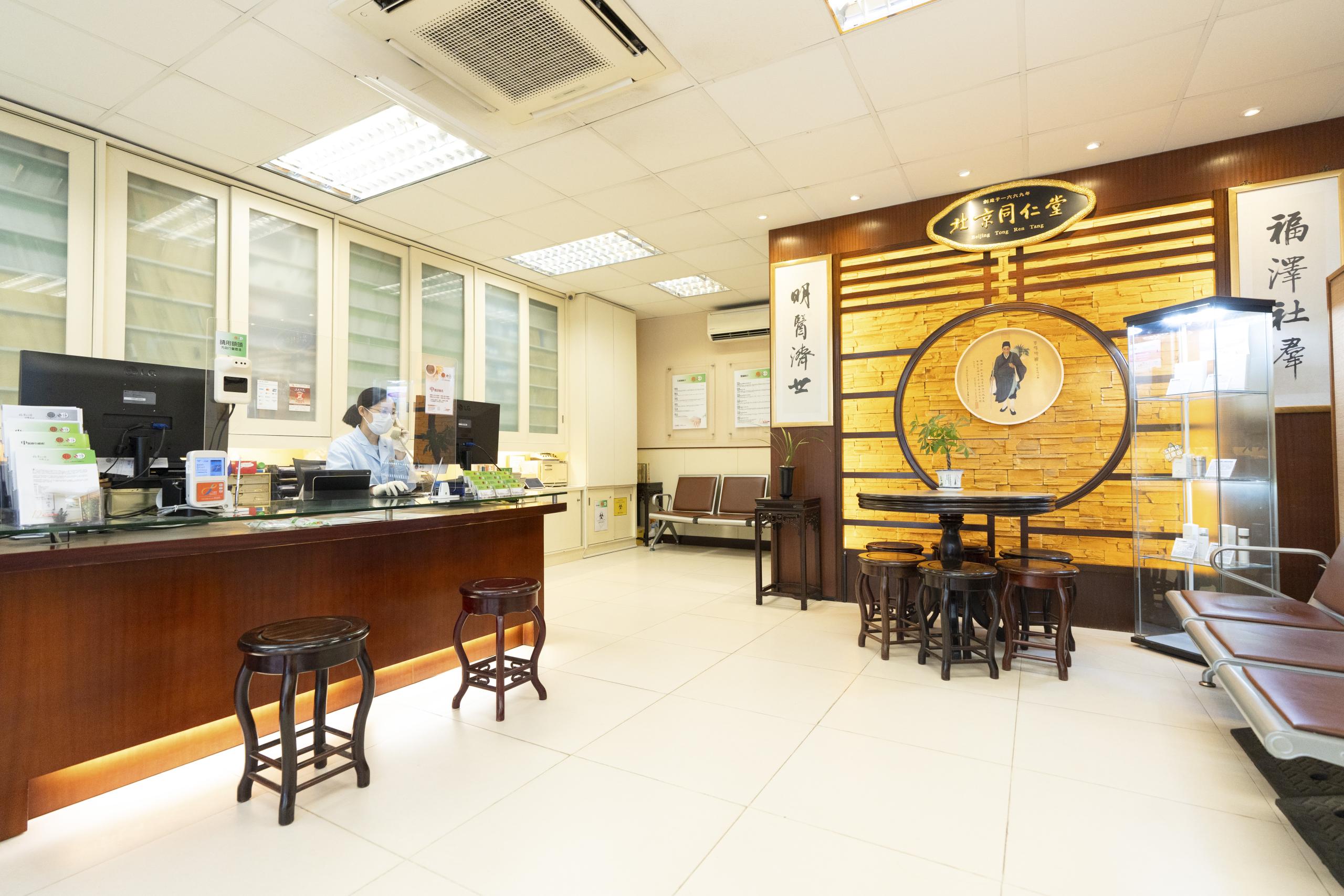Relationships are intricate webs of emotions, expectations, and shared experiences. For LGBTQ+ couples, those webs often include unique challenges that arise from societal pressure, identity exploration, and external judgments. While love may be universal, the path to sustaining a healthy and affirming relationship within the LGBTQ+ community can come with added hurdles. Seeking professional support is not a weakness—it’s a powerful tool to deepen connection, improve communication, and heal emotional wounds.
Working with an LGBTQ+ therapist ensures that couples receive support from someone who understands their identities, dynamics, and struggles without judgment. This therapeutic alliance becomes a safe haven, helping partners unpack complex emotions and grow together in authenticity.
Why LGBTQ+ Couples Face Unique Relationship Challenges
It’s important to recognize that while every couple may face difficulties, LGBTQ+ relationships are often formed in a society that hasn’t always offered acceptance. These environmental and cultural factors create pressure points that may not exist for heterosexual couples.
Some common relationship challenges LGBTQ+ partners may face include:
- Differences in comfort levels with being out publicly
- Managing family rejection or unsupportive communities
- Internalized homophobia, biphobia, or transphobia
- Navigating changing gender identity or sexual orientation within the relationship
- Conflicts around future plans such as marriage, children, or legal recognition
- Lack of representation and affirming role models in media or society
These issues can make it difficult to find common ground, express vulnerability, or feel fully seen in the relationship.
How an LGBTQ+ Affirming Therapist Can Help
Affirming therapy isn’t just about resolving arguments—it’s about understanding the emotional ecosystems LGBTQ+ couples operate within. A culturally competent therapist provides safe space for open dialogue, promotes understanding, and equips partners with tools for effective communication and emotional regulation.
Through therapy, couples can:
- Resolve recurring conflicts without blame or shame
- Strengthen emotional intimacy and build trust
- Address identity-related concerns with sensitivity
- Reconnect after experiences of trauma or discrimination
- Explore non-traditional relationship structures such as polyamory or open relationships
- Build a shared vision that affirms both partners’ individual identities
Whether it’s working through personal insecurities or external pressures, LGBTQ+ couples counseling provides a framework for growth that acknowledges the full humanity of each partner.
When Should LGBTQ+ Couples Consider Therapy?
Contrary to popular belief, therapy isn’t only necessary when a relationship is on the brink of collapse. In fact, seeking therapy early can prevent minor misalignments from becoming major divisions.
You might consider therapy if:
- Communication often leads to misunderstandings or emotional shutdowns
- There’s tension around expressing your identity to family or friends
- You feel unsupported in your gender expression or sexual orientation
- Conflicts are recurring and remain unresolved
- There’s an emotional disconnect or feelings of loneliness within the relationship
- One or both partners are recovering from trauma or mental health struggles
Therapy acts as a mirror, reflecting both partners’ needs and perspectives so healing and understanding can take root.
Benefits of Long-Term LGBTQ+ Relationship Counseling
Sustaining a loving and balanced relationship requires maintenance. Ongoing counseling with an LGBTQ+ affirming therapist offers tools to support couples not just in crisis, but throughout their relationship journey.
Some long-term benefits include:
- Improved emotional intelligence and communication
- Greater mutual respect for personal growth and change
- Effective coping strategies for external stressors
- Stronger sexual and emotional intimacy
- Renewed commitment and appreciation for one another
Therapy empowers couples to confront challenges hand-in-hand, instead of letting those challenges pull them apart.
Real-Life Applications: Common Scenarios Addressed in Therapy
To understand how impactful LGBTQ+ relationship therapy can be, consider these real-life examples of therapy scenarios:
- A bisexual partner feels invalidated in a same-sex relationship and wants to discuss identity without judgment.
- A transgender partner is beginning a medical transition and the couple needs support navigating emotional and physical changes.
- Two partners are facing conflict due to differing opinions on how “out” they want to be in public or with family.
- A couple is struggling with trust after infidelity and needs a safe space to rebuild.
These experiences are layered and deeply personal, requiring a therapeutic environment that honors all identities.
FAQs: LGBTQ+ Therapist for Relationship Challenges
Q: Is LGBTQ+ couples therapy only for romantic partners?
No. While most sessions involve romantic couples, LGBTQ+ therapist support can also help polycules, co-parents, or queerplatonic partnerships navigate relationship dynamics.
Q: How do we find an LGBTQ+ affirming therapist we both trust?
Look for therapists who explicitly list LGBTQ+ counseling as a specialty, use inclusive language, and have lived experience or training in queer issues.
Q: What if my partner doesn’t want to go to therapy?
Start with an open, non-judgmental conversation about your reasons. You can also begin therapy individually to gain clarity and strategies to communicate more effectively with your partner.
Q: Can therapy help if we’re in a non-monogamous relationship?
Absolutely. Affirming therapists are trained to support various relationship structures and help couples set boundaries, expectations, and communication strategies.
Q: How long does it take to see results in couples therapy?
Every relationship is different, but many couples begin seeing positive shifts after a few consistent sessions. Long-term results depend on commitment, openness, and continued effort outside the therapy room.
Conclusion: Relationship Wellness is Worth the Investment
Being in a loving LGBTQ+ relationship is powerful, but that doesn’t mean it’s always easy. Between the pressure to conform and the desire to live authentically, it’s natural for tensions to arise. An LGBTQ+ therapist offers a compassionate space where those tensions can be explored without fear—leading to deeper connection, mutual growth, and lasting love.
No matter where you are on your relationship journey, it’s never too early—or too late—to seek support. You deserve a relationship where you are celebrated, not just tolerated. Therapy can help you get there—together.




